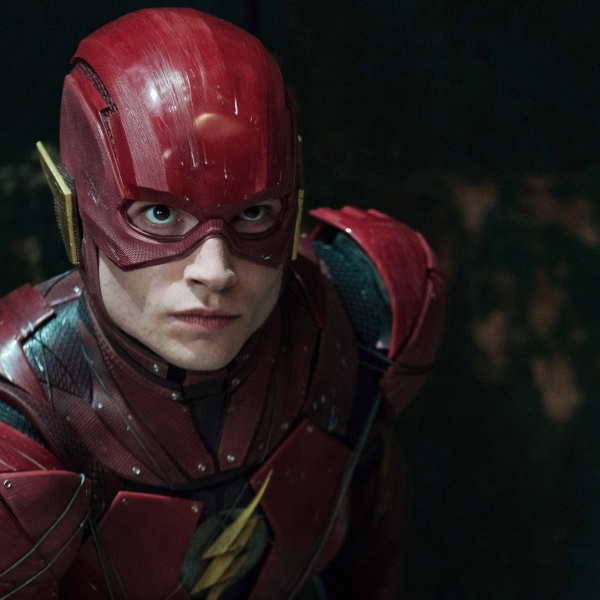
On December 5, the IndieWire Honors Winter 2024 ceremony will celebrate the creators and stars responsible for crafting some of the year’s best films. Curated and selected by IndieWire’s editorial team, IndieWire Honors is a celebration of the filmmakers, artisans, and performers behind films well worth toasting. We’re showcasing their work with new interviews leading up to the Los Angeles event.
Ahead, producer Mary Parent tells IndieWire that for Visionary Award honoreeDenis Villenueve, writing and directing “Dune: Part Two” is part of a childhood dream realized.
It is no secret by now that bringing “Dune” to the big screen — a book nearly everyone thought was unadaptable — had been a dream of Denis Villeneuve’s pretty much his whole life. Remarkably, he was driven to realize his vision of Dune before he even understood how it could be possible. As a kid from a small town in Quebec, long before he was told he could ever make “Dune,” he was probably told he would never be a filmmaker.
But then came brilliant character studies like “August 32nd on Earth,” “Maelstrom,” “Polytechnique,” and “Incendies,” and this singular storyteller emerged. Later he would give us deeply immersive films like “Enemy,” “Prisoners” and “Sicario,” then go bigger with “Arrival” and “Blade Runner 2049” — but always grounded in the human stories — before heading back to where it all began, “Dune.” Denis could see what no one else did, understanding not just what Frank Herbert was saying but also how prescient Herbert was, what he was feeling, and because Denis is Denis, he knew exactly how to do it.
It was shortly after we acquired the rights to “Dune” that I learned of Denis’ desire to bring the story to the screen. It was a perfect match — one I had already been thinking of — as I knew his previous films very well and loved the way he gets at the heart of each character within a story, no matter how big or small the setting.
Denis is especially adept at bringing female roles to the forefront, which we have seen throughout his body of work. In “Dune,” Jessica, the Bene Gesserit… these were certainly powerful elements of the book which drew me to it as a producer. But Zendaya’s character, Chani, is a great example of Denis’ brilliance. A somewhat minor character in the book, she is key, if ephemeral, in our films. Denis has always said if we do not believe in Paul and Chani’s love story, there is no movie, because so much is informed by how powerful this relationship is. Their love is at the core of “Dune: Part Two”; those romantic moments, even a shared look between them, balance their extraordinary circumstances.
As both a writer and director, Denis creates space for those moments. Exceptionally skilled at combining the epic with the intimate, it is never just spectacle. It is always through the point of view of character. Paul’s betrayal, his moral compromise and Chani’s heartbreak were foundational in the script, and because visually Denis captures much of the story through her perspective, the audience experiences with her what Paul becomes when he accepts this power. To honor Frank Herbert’s original intent, even though the book had not been interpreted this way, Denis gave Chani this responsibility. Her reaction to Paul’s choice is how we understand this is no hero’s journey, but a true cautionary tale.
“Dune” is complex and about many things but it is very much a story of destiny. As we have come to the conclusion of Frank Herbert’s original “Dune” novel, this one book’s influence in forming the storyteller Denis has become is monumental. In making these films, Denis’ childhood dreams have finally been realized.
“Dune: Part Two,” a Warner Bros. Pictures release, is now available to stream on Max.
Read Denis Villenueve’s full IndieWire Honors profile.




